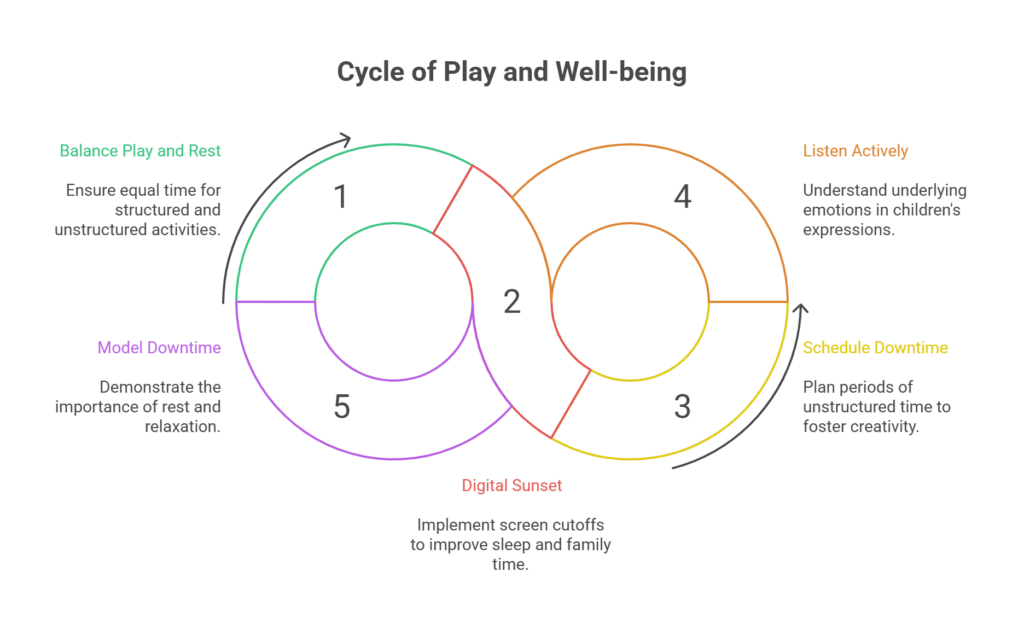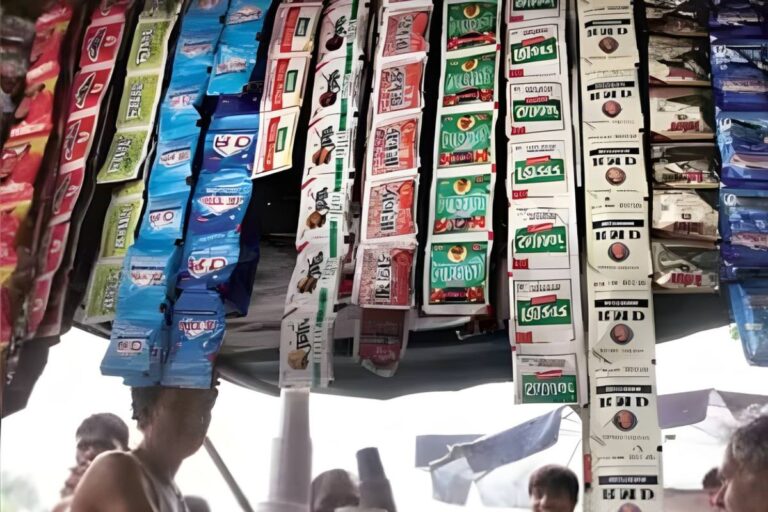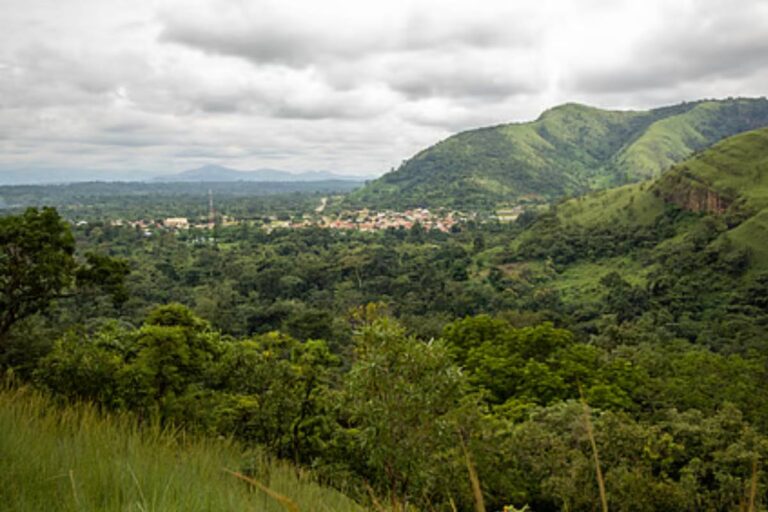The Great Summer Squeeze: Why Experts Urge Parents to Press Pause on Packed Schedules
Let’s talk about summer. Ah, summer. Pool days, lazy afternoons, freedom, right? Not so much anymore. Calendars bursting with intensive courses, competitive training, and academic prep lists thick enough to stun a camel. Result? Exhausted kids. Frazzled parents. And professionals waving a giant red flag: “Give kids a break!”
Funny thing iswe all know this, deep down. Yet here we are. Trapped in a whirlwind of “enrichment” and terrified our kids might fall behind. But at what cost? Reports indicate rising numbers of anxious, irritable, and utterly burnt-out children during their supposed break. It’s not just moodiness; it’s systemic overload. Preventable.
The Pressure Cooker: More Than Just Seasonal Heat
So, what’s fueling this fire? It’s complicated. (Isn’t it always?). Picture this: soaring academic expectations, parents wanting “the best,” and a global culture screaming that every moment must be optimized.
Here’s the kicker: Well-intentioned opportunities turn into stressors. Take teenagers, eager for new experiencesperfect timing for the summer disappears when systems aren’t in sync. Disappointment becomes tangible. A lost opportunity for true independence, now traded for more wait times scheduled. The irony burns hotter than noonday sun.
Decoding Burnout: It’s Not Just Fatigue
Burnout is just for adults, right? Think again. Symptoms manifested in youngsters are:
- Physical funk: Chronic headaches, enigmatic stomachaches, sleep that just refuses to hold
- Emotional static: Irritability firing like live electricity, strange tears, or numbness
- The motivation vacuum: That thrill for hobbies? Nowhere to be found. Replaced with a shrug
- Social shutdown: Pulling back, avoiding friends, the pressure valve’s jammed
Identifying Burnout Throughout the Ages
| Age Group | Physical Signs | Behavioral Red Flags | Common Triggers |
|---|---|---|---|
| Young Kids | Frequent stomach pain, sleep disturbance | Tantrums, avoidance of new activities | Over-programmed camps, hyper- academic prep |
| Tweens | Headaches, changes in appetite | Withdrawal, lack of interest in pastimes | Academic pressures, competitive overload |
| Adolescents | Chronic fatigue, repeated illness | Emotional reactivity, cynicism | Preparing for university, intense demands |
Surprise, surprise, family dynamics are at work behind the scenes, too. Kids being constantly compared to siblings or being constantly lower-priority often develop burnout and self-esteem problems. Good-intentioned, easygoing parenting can sometimes have the opposite effect, leaving children striving even more to be noticed. A formula for combustion from the inside out.
The Prescription: Deconstructing the Cure for Play

So, what’s the cure? Radical unscheduling. (Yes, yes, radical!). It’s about carving out genuine downtime, recommending boredom where creativity breeds.
- The Balance Rule: For each plane hour, require equal unplanned time. Fort-building? Gazing at clouds? Wonderful.
- Digital Sunset: Screens hijack bedtime. Impose cutoffs before bedtime. No negotiation. Substitute with family bonding.
- Indulge in “Do Nothing”: Schedule chunks titled “Absolutely Nothing Planned.” Combat the guilt!
- Listen Differently: “My camp is stupid” might mask overwhelm. “I’m tired” might mean soul-deep exhaustion. Dig deeper.
- Model the Pause: Children Mirror Us. Glued to your laptop poolside? Chill out. Showing downtime is vital.
Here’s the twist: Sometimes pressure is structural. Missed opportunities highlight a bigger truth: Fighting burnout means pushing back against external timelines. Patience isn’t passive; it’s protective.
Reclaiming Summer: Beyond the Checklist
Imagine mornings slow as dripping honey. Afternoons where the only “goal” is mastering a backflip. Evenings filled with laughter, not drills. It’s possible. It requires pushing back against perpetual productivity.
Funny thing is, the science is solid. Kids learn through play. Process through daydreaming. Recharge through genuine connection. Depriving them isn’t optimizing; it’s stripping the engine while demanding top speed.
So here’s the challenge: This summer, fight for rest as fiercely as academic spots. Normalize saying “no.” Embrace the glorious, messy void. Give them the break their brains scream for.
Because burnout isn’t a badge of honor, it’s a warning light. And reclaiming summer? It’s not just a gift. It’s urgent medicine for healthier, happier humans. Now that’s enrichment worth chasing.






















